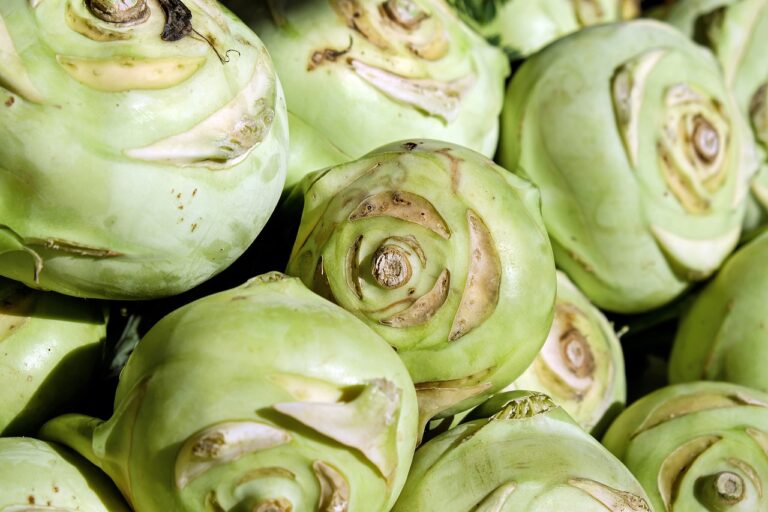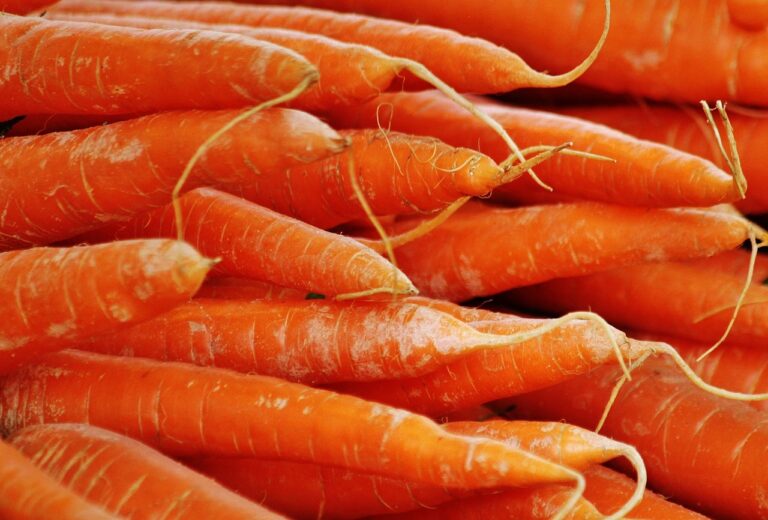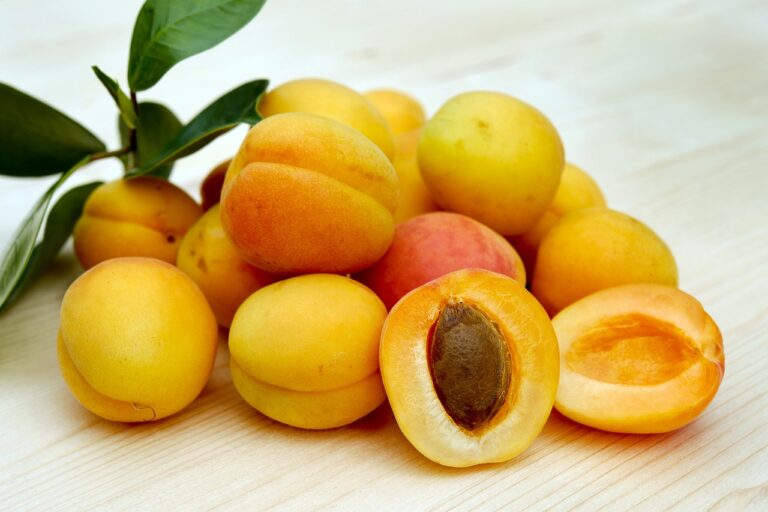The Role of Artificial Intelligence in Food Manufacturing
Artificial Intelligence (AI) technology has been increasingly integrated into various industries to streamline processes and enhance productivity. Within the realm of food production, AI is revolutionizing the way that goods are manufactured, monitored, and delivered to consumers. By implementing AI systems, food producers can optimize operations, improve product quality, and ensure food safety standards are met consistently.
From precision agriculture to automated packaging, AI technology plays a pivotal role in every stage of the food production process. Machine learning algorithms analyze vast amounts of data to predict crop yields, monitor supply chain logistics, and even enhance flavor profiles. With AI-driven solutions, food producers can minimize waste, reduce costs, and meet the ever-growing demands of a global market landscape.
Enhancing Quality Control Through AI Systems
Quality control in the food industry is critical to ensuring the safety and consistency of products. With the advancement of AI technology, food manufacturers can now implement AI systems to enhance their quality control processes. These AI systems are capable of analyzing vast amounts of data in real-time, detecting any anomalies or defects in the production line that human operators might overlook.
By utilizing AI systems for quality control, food manufacturers can improve accuracy and efficiency in identifying potential issues before they escalate. AI algorithms can learn from historical data and patterns, allowing for continuous improvement in the quality control process. This proactive approach helps in maintaining high standards of food safety and quality, ultimately building trust with consumers and ensuring compliance with industry regulations.
Improving Efficiency in Food Processing with AI
AI technology has revolutionized the landscape of food processing by streamlining operations and enhancing efficiency. From automated sorting and packing to monitoring production lines in real-time, AI systems have proven to be invaluable in optimizing various processes within the food industry. By automating repetitive tasks and analyzing vast amounts of data quickly, AI helps to improve overall productivity and reduce human error.
One significant benefit of integrating AI in food processing is the ability to predict equipment maintenance needs before breakdowns occur. Through continuous monitoring and analysis of machine performance data, AI systems can detect anomalies and signal when maintenance is required. This proactive approach not only minimizes downtime but also extends the lifespan of equipment, ultimately leading to cost savings and increased operational efficiency.
AI technology has revolutionized the landscape of food processing
Automated sorting and packing, monitoring production lines in real-time
Automating repetitive tasks and analyzing vast amounts of data quickly
Improving overall productivity and reducing human error
One significant benefit of integrating AI in food processing is the ability to predict equipment maintenance needs before breakdowns occur.
Through continuous monitoring and analysis of machine performance data, AI systems can detect anomalies and signal when maintenance is required.
This proactive approach not only minimizes downtime but also extends the lifespan of equipment, ultimately leading to cost savings and increased operational efficiency.
How can AI technology benefit food production?
AI technology can benefit food production by improving efficiency, enhancing quality control, and reducing waste.
What are some examples of AI systems used in food processing?
Some examples of AI systems used in food processing include machine learning algorithms for predictive maintenance, computer vision for quality control, and natural language processing for inventory management.
Can AI help improve the accuracy of quality control in food processing?
Yes, AI systems can help improve the accuracy of quality control in food processing by detecting defects or contaminants in real-time.
How does AI contribute to better efficiency in food processing?
AI contributes to better efficiency in food processing by automating repetitive tasks, optimizing production schedules, and reducing downtime through predictive maintenance.
Are there any challenges to implementing AI in food processing?
Some challenges to implementing AI in food processing include the initial cost of technology adoption, data security concerns, and the need for specialized technical skills.







